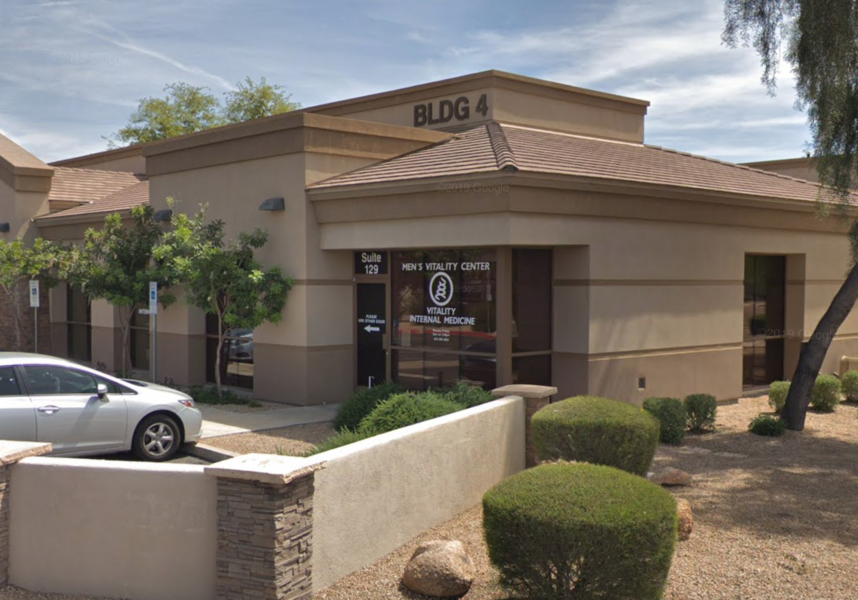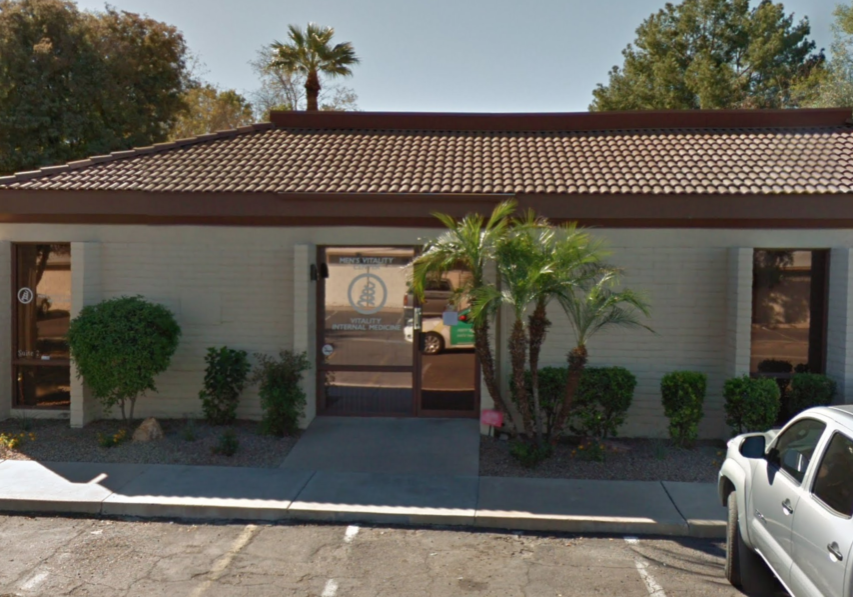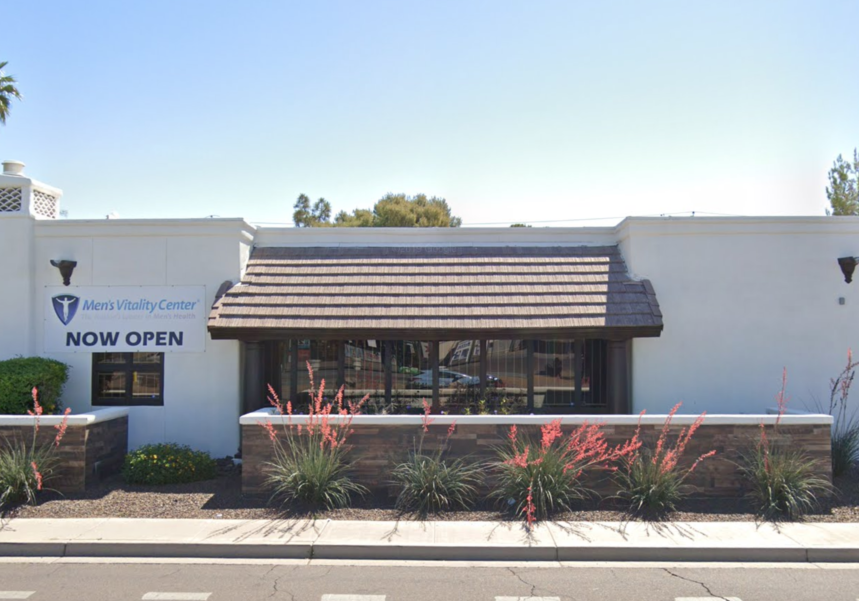Overcoming an opiate addiction is incredibly hard that stems from an unhealthy way of life with abusive drug use. Heavy opiate abuse will lead to addiction, which may very well lead to brain damages. After severe damages, the probability of healing through treatment is extremely low, with majority of the neuro-connectors in the brain being too damaged. Even if not intentionally abused, the continual misuse of opiates may cause the body to become adjusted to the dosages. This means it will require larger dosage to experience the pain-relieving effects. This may also lead to overdose.
Although now there are many methods to prevent or treat opiate overdose from happening, individuals who have slowly trying to get rid of the oncoming opiate addiction can help themselves now. An effective treatment for this involves adopting techniques that will reduce the urges and withdrawals. To do this, it requires the proper technique, proper preparing, cooperation and resilience for the patient to overcome opiate addiction.
10 Proven Methods to Overcoming Opiate Addiction
1. Taper Technique
The taper technique is the slow withdrawal of opiate through gradual reduction in the dosage consumed as time passes. This method considerably helps the body cope against the withdrawal impact it would have observed if sudden withdrawal is used. This taper strategy requires self-discipline to follow through the withdrawal approach.
2. Adjusting Day-to-Day Routine
There are certain lifestyles that affect the consumption of opiates, and those should be broken or substituted. Usage of opiates early on in the morning or before going to bed during the night should be mixed in with healthy daily routines. Such routine changes means to be more active, go outside more and eat healthier meals. This will likely change the habitual nature of overconsumption of opiates.
3. Usage of Non-Addictive Pain Relievers
Many people know the hardships of overcoming the discomfort that comes with overcoming opiate addiction. So when it comes to body pain, it might be better to use non-addictive pain relievers such as Tylenol, ibuprofen and different non-addictive discomfort relieving prescription drugs. This will help manage the discomfort and not increase the likelihood of addiction forming.
4. Detox Treatment
Detox system gives the opportunity to a person the physical and psychological support needed when withdrawing from opiate cravings. Whether this means a change in food and liquid diet, surrounding themselves with family and friends, it is all to prevent the grips during the withdrawal period.
5. Support Groups
Support groups are very important during the process of overcoming addiction. Participants of such groups are able to receive advice and encouragements from each other. This makes it better to cope with the issue associated with the addiction.
6. Residential Treatment
This treatment is preferred for chronic addicts since it involves a rigorous medications program. This program is typically administered to addicts in a rehab facility with extensive care, and may require use of a program called Suboxone Treatment. Typically these people have had a prolonged period of opiate addiction.
7. Outpatient Treatment
Outpatient treatment is effective for those who have completed the residential treatment program. It’s a follow-up course that gives more freedom as well as more engagement with the provider.
Conclusion to Safely Overcoming Opiate Addiction
Dependence on opioid can be extremely dangerous. With comprehensive misuse comes a unpredictable manner of several problems in lifestyle, which might include relationship challenges, personal/mental issues, work-related concerns…etc. If you or a family group or friend are struggling to overcome opiate addiction, please contact us for support today. Call Dr. Ben Evans of McKellips Internal Medicine to start out your journey to recovery.
Schedule Your Appointment
Fill out an appointment request to have one of our team members reach out to you or CALL(480) 534-5846 to set up your appointment today.
Find a Men's Vitality Center Near You
We pride ourselves on being a comprehensive Internal Medicine practice that specializes in Male Testosterone Replacement Therapy (TRT), Women's Hormone Replacement Therapy (HRT), Adult Internal Medicine and Opiate Addiction Treament near you.
3 Locations Valley-Wide to Best Serve You. Select a Clinic Below for Location Details & Google Reviews










